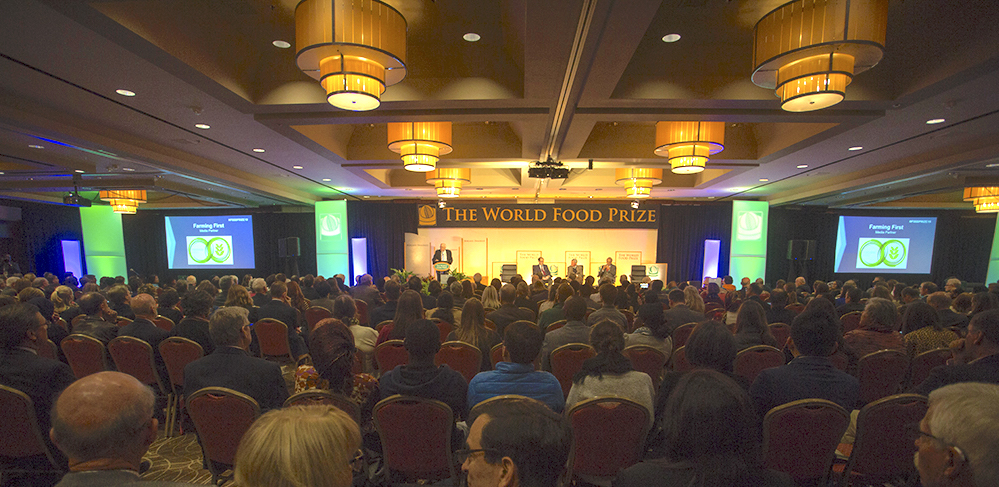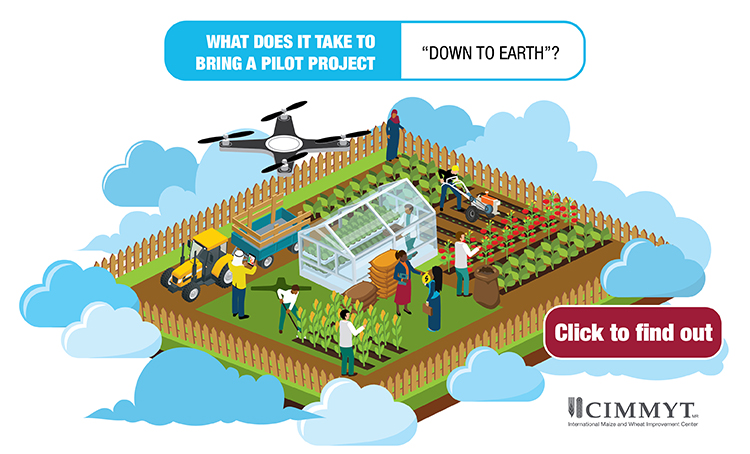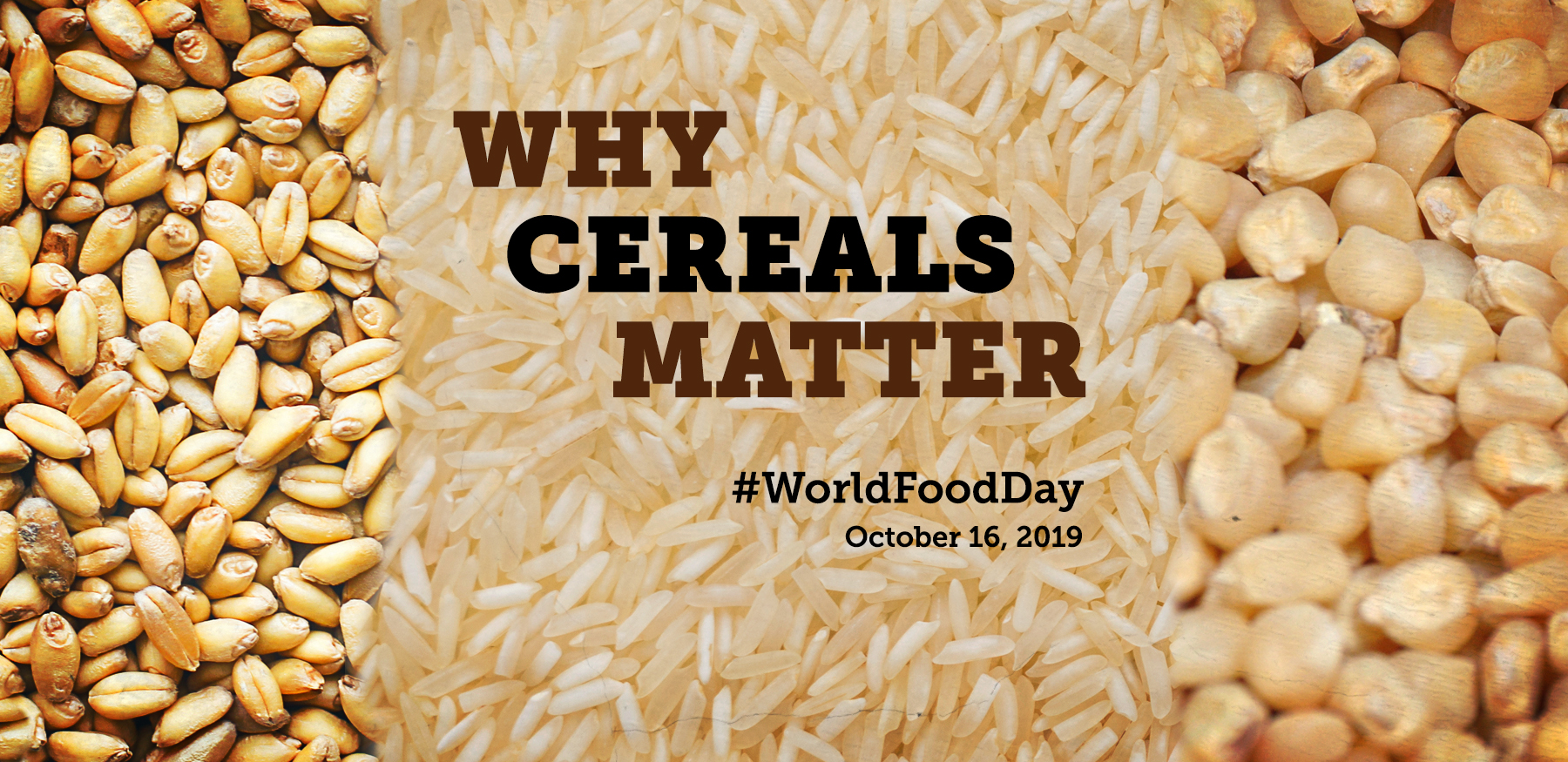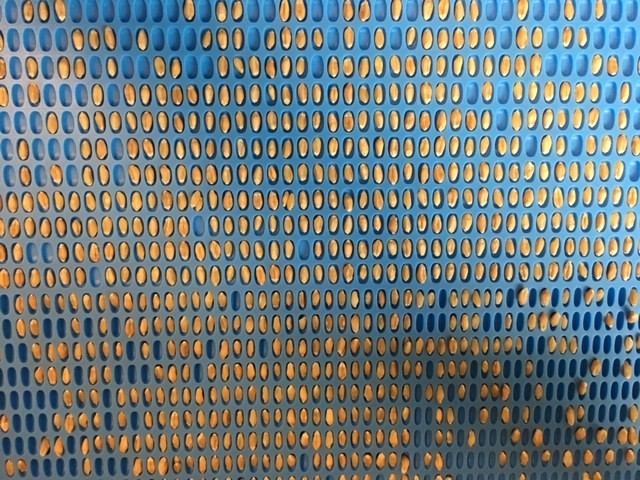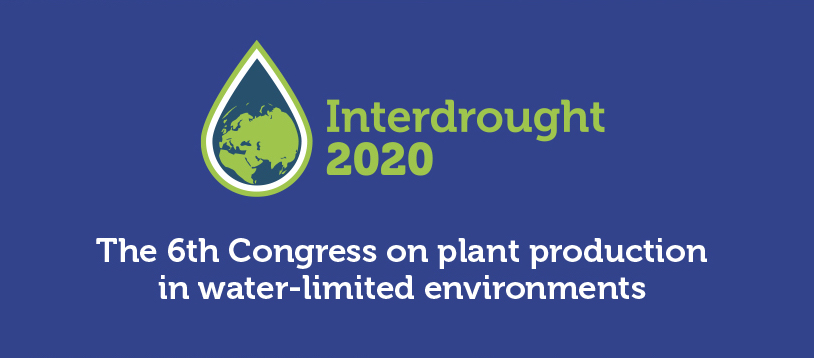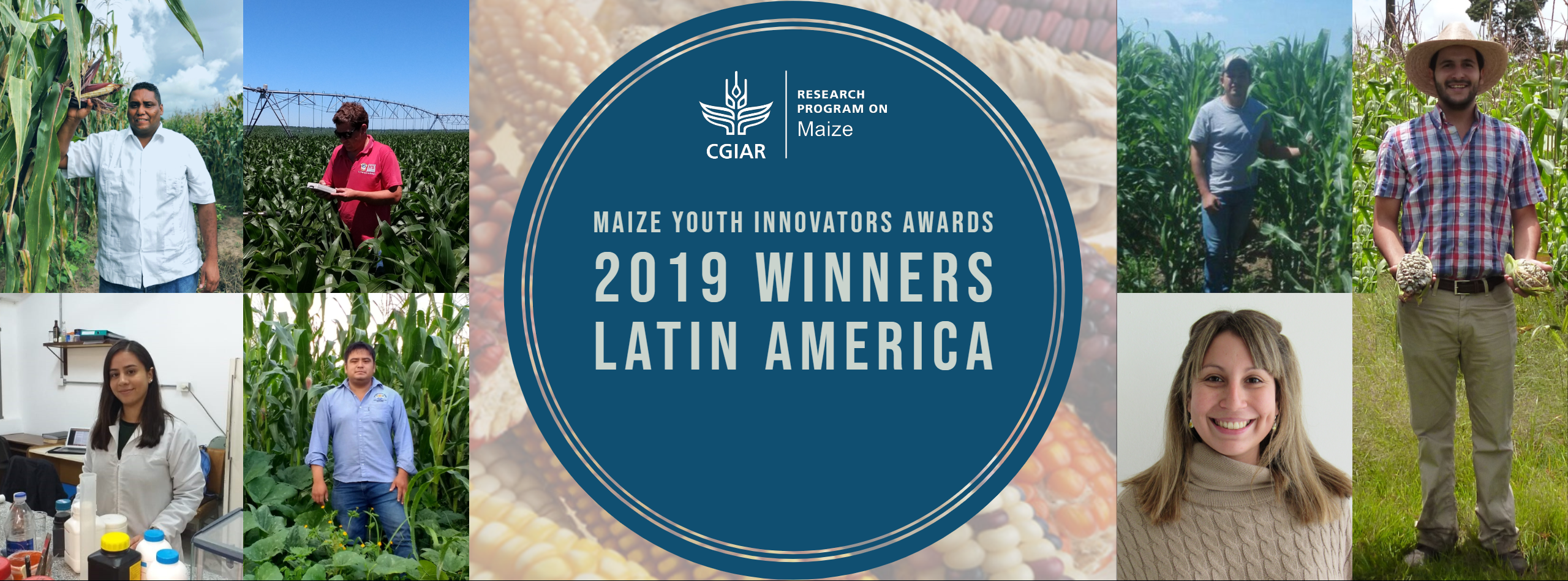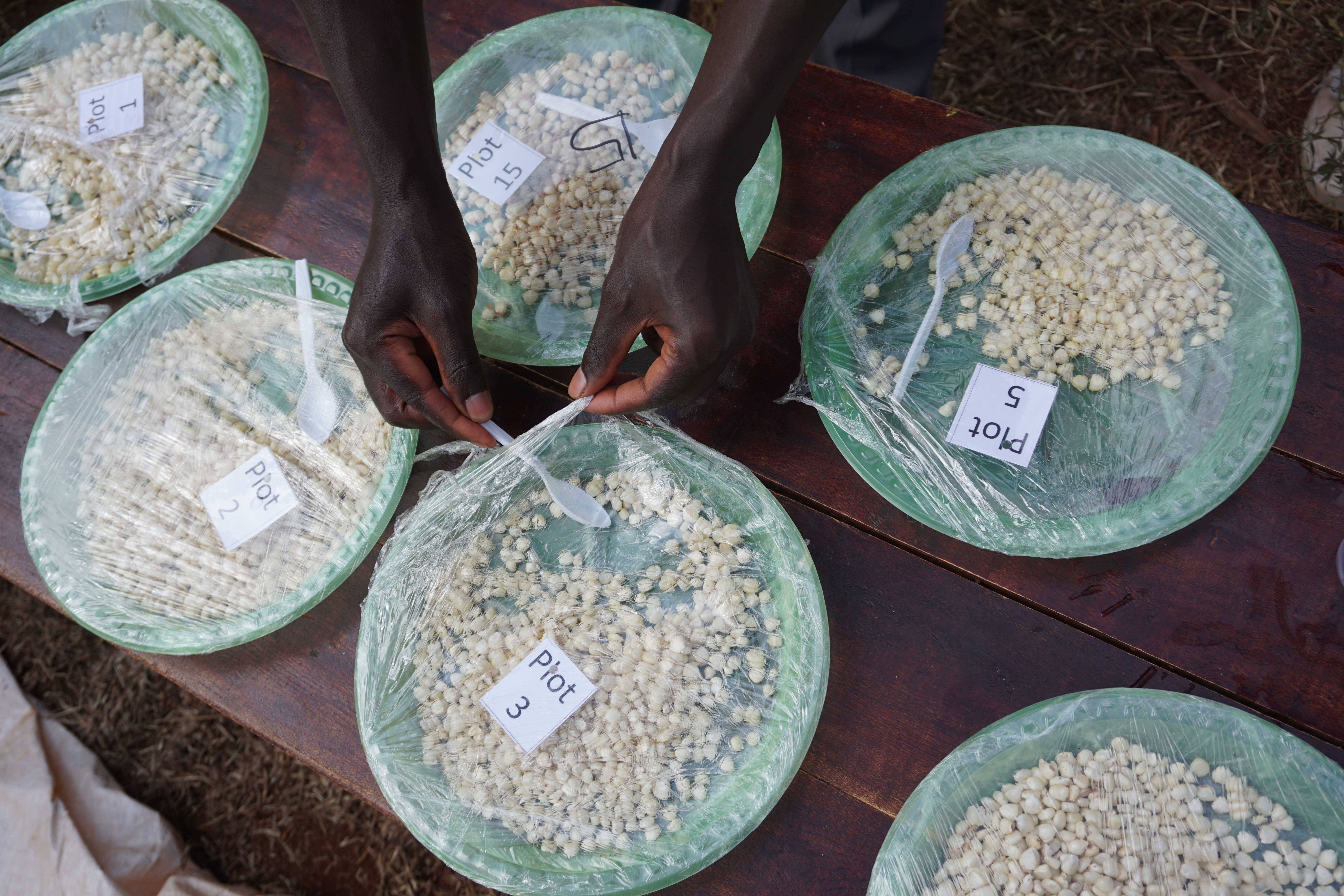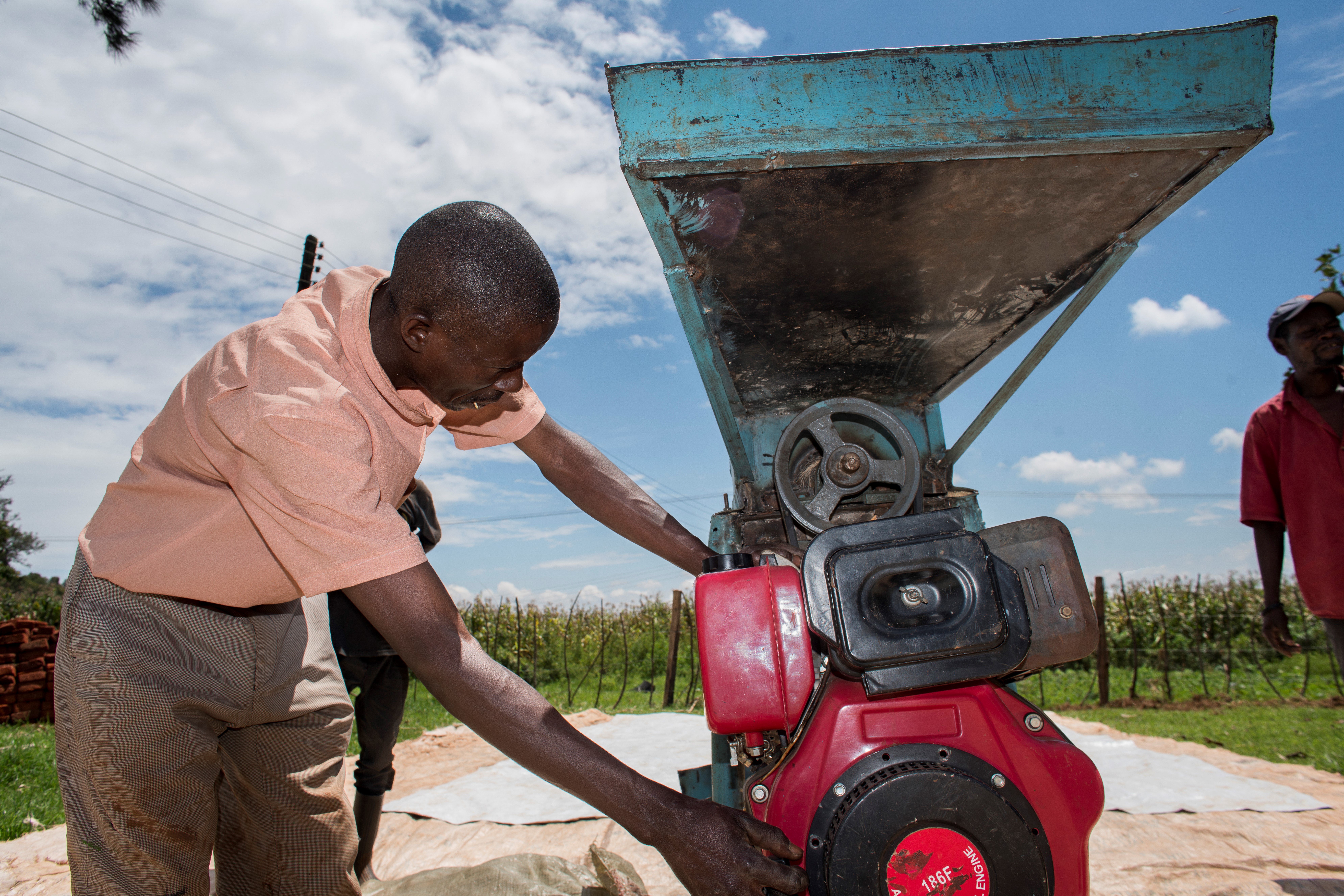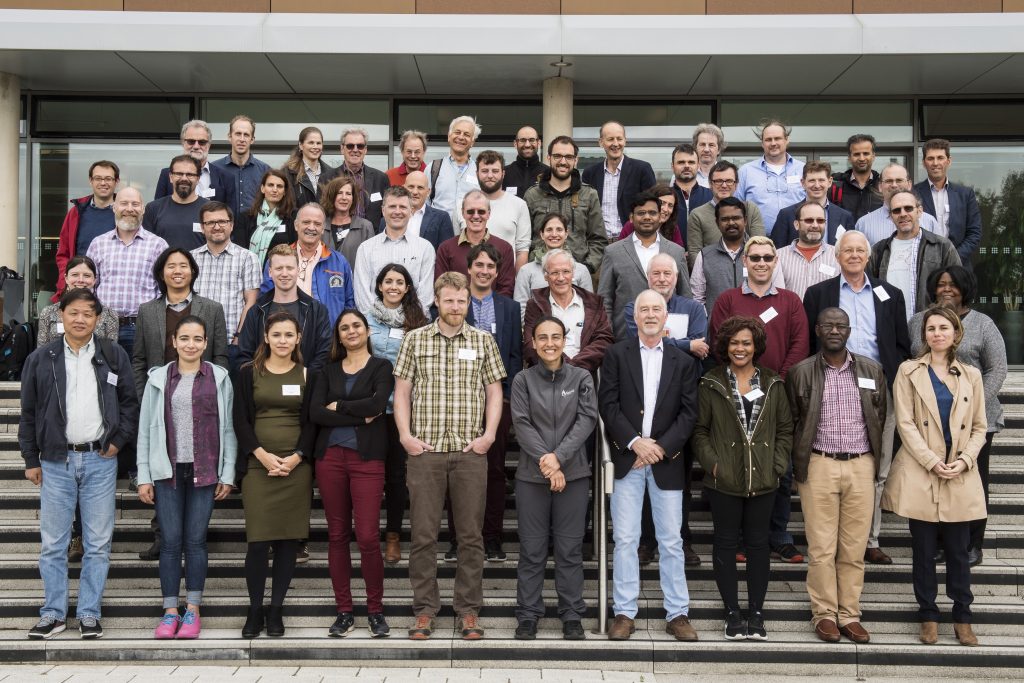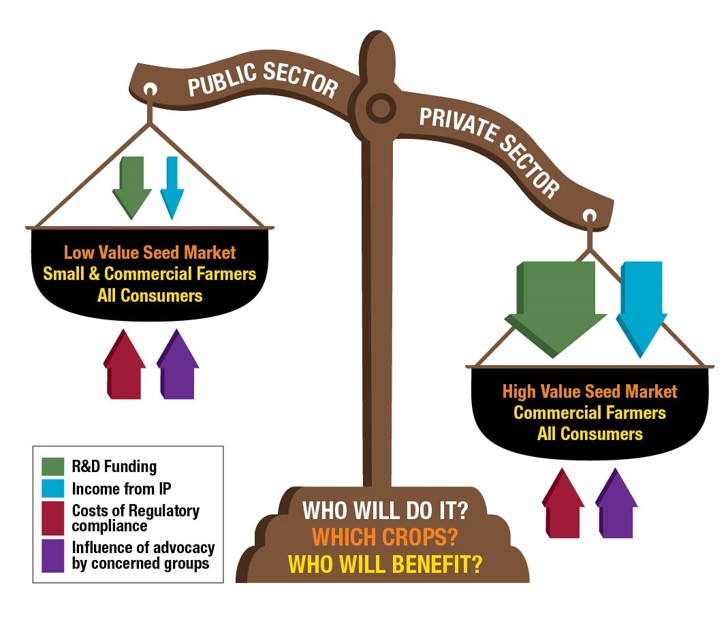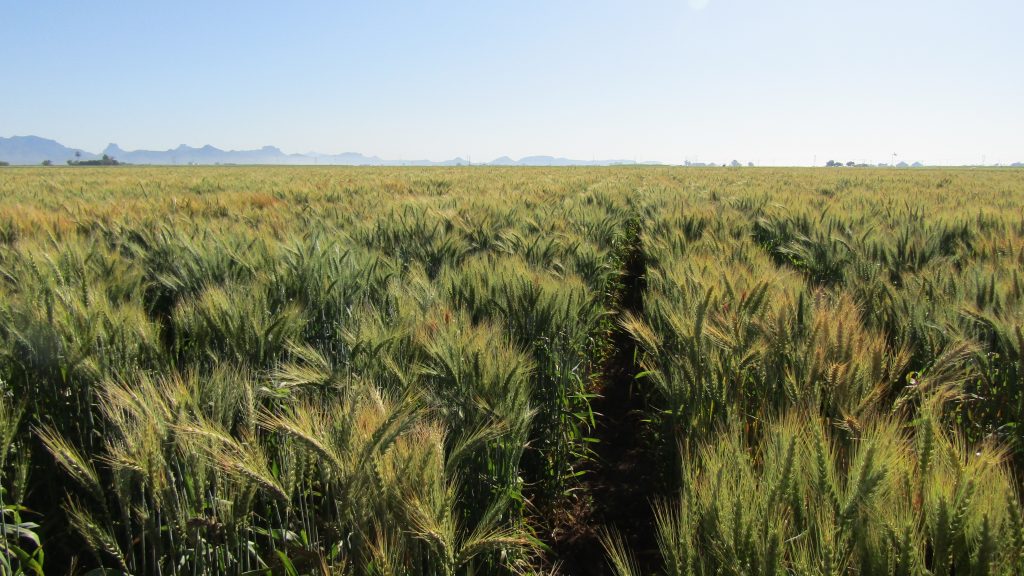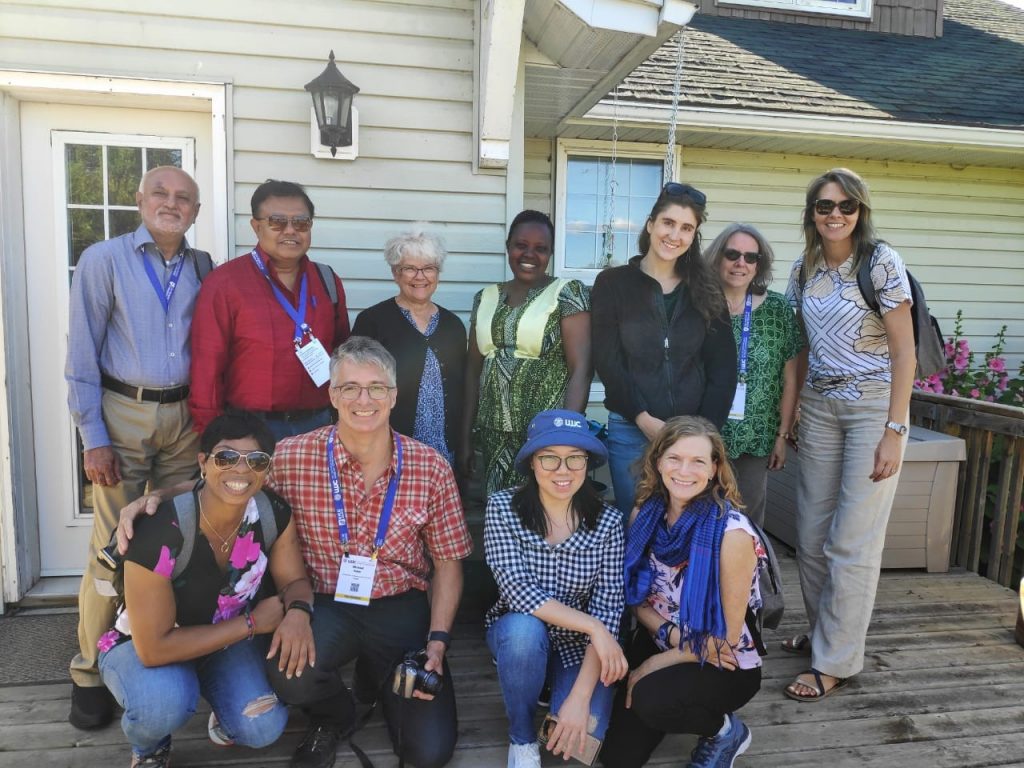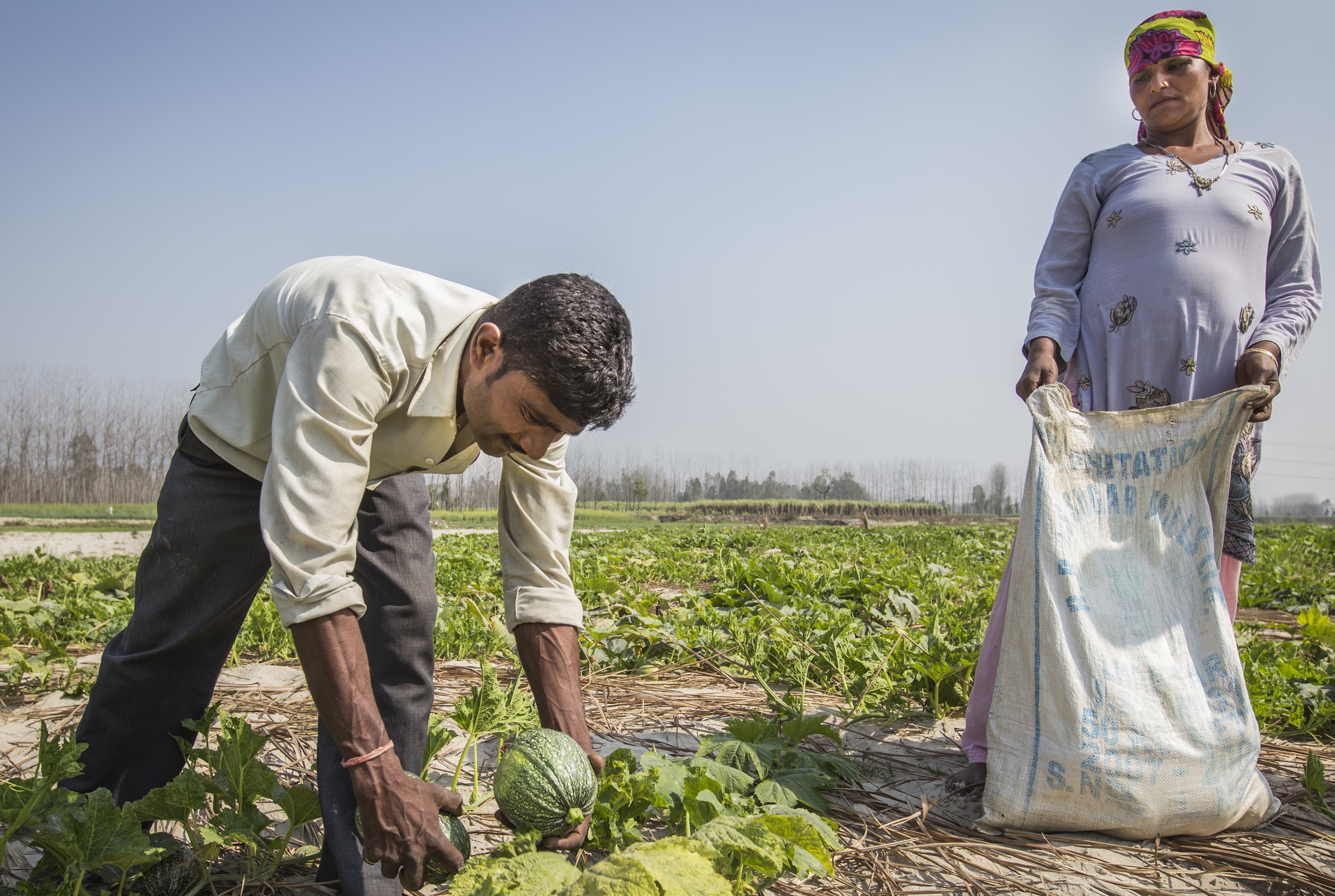CGIAR
Climate, nutrition and security challenges require global food system transformation
 Climate adaptation and mitigation
Climate adaptation and mitigation
The 2019 Borlaug Dialogue explored solutions to feed the planet sustainably in the face of conflict and climate change.
It’s time to change the system, not just the technology
 Innovations
Innovations
Changing farming technologies requires systemic change, argues Lennart Woltering in new article.
The cereals imperative of future food systems
 Nutrition, health and food security
Nutrition, health and food security
The world urgently needs a transformation of the global food system, leading to healthier diets for all and a drastic reduction in agriculture’s environmental impact. The major cereal grains must play a central role in this new revolution for the benefit of the world’s poorest people.
A fresh look at the genes behind grain weight in spring bread wheat
 Innovations
Innovations
New study provides an extensive field-test validation of existing genetic markers for thousand grain weight; finds both surprises and promising results.
Mexico City to host Interdrought 2020
 Climate adaptation and mitigation
Climate adaptation and mitigation
Global conference will serve as forum for collaboration on crop production in water-limited environments.
Winners of 2019 MAIZE Youth Innovators Awards – Latin America announced
 Capacity development
Capacity development
Seven young farmers, researchers and activists are advancing change, innovation and research in their communities.
Collaborative product profiling captures farmers’ demand for greater impact
 Nutrition, health and food security
Nutrition, health and food security
A demand-driven, multi-lens approach ensures the best maize varieties are available to seed companies and farmers.
New publications: Exploring how women seize control of wheat–maize technologies in Bangladesh
 Gender equality, youth and social inclusion
Gender equality, youth and social inclusion
An agricultural organization led by indigenous Santal women is also benefiting low-income Muslim women.
Study proposes alternative to conventional technology adoption research in smallholder agriculture
 Gender equality, youth and social inclusion
Gender equality, youth and social inclusion
An alternative conceptual framework uses a process-oriented approach to understand technological change that focuses more on the agency of different social actors in the agricultural system.
Bottlenecks between basic and applied plant science jeopardize life-saving crop improvements
 Innovations
Innovations
Bottlenecks between basic and applied plant science jeopardize life-saving crop improvements.
Genome editing, gene drives, and synthetic biology: Will they contribute to disease-resistant crops, and who will benefit?
 Innovations
Innovations
New paper outlines potential uses of genetic engineering technologies to address problems that affect resource-poor farmers and consumers.
Extensive use of wild grass-derived “synthetic hexaploid wheat” adds diversity and resilience to modern bread wheat
 Innovations
Innovations
New study shows that improved bread wheat varieties obtained from crosses of durum wheat and goat grass are helping to ensure the crop’s future.
Scientists use DNA fingerprinting to gauge the spread of modern wheat in Afghanistan
 Innovations
Innovations
New study finds that wheat farmers often do not accurately identify their varieties.
Global group of journalists find wheat research, comradery in Canada
 Capacity development
Capacity development
WHEAT media sponsorship connects scientists and reporters at International Wheat Congress.
New drought monitoring system will reduce climate risks for South Asian farmers
 Climate adaptation and mitigation
Climate adaptation and mitigation
After Afghanistan, Nepal, and Pakistan, the Regional Drought Monitoring and Outlook System extends its coverage to Bangladesh.
